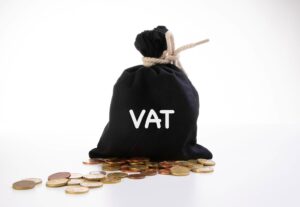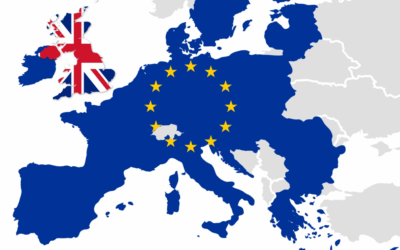
Based on the recent discussions about tax updates due to VAT cases, today’s article focuses on changes and updates in the taxes.
Application of VAT Exemption for the Management of Qualifying „Special Investment Funds“ in Relation to Pension Funds
On September 5, 2024, the European Court of Justice (ECJ) delivered rulings in several cases (C-639/22 to C-644/22) concerning the scope and application of a VAT exemption. The central issue is whether special occupational pension funds can claim the VAT exemption for managing special investment funds. Although Member States are responsible for defining „special investment funds,“ the UCITS Directive also influences this definition under EU law.
Currently, the Netherlands has not classified the occupational pension funds in question as special investment funds, leading the Dutch tax authorities to consider management services provided to these funds subject to VAT. However, the Dutch State Secretary of Finance issued guidance in 2014 stating that an „individual defined contribution pension scheme“ (in the third pillar of the national pension system) qualifies as a special investment fund and is thus exempt from VAT. This scheme allows employees to voluntarily supplement other pension benefits, contrasting with compulsory participation in occupational pension funds (second pillar), which provides mandatory coverage beyond basic pension provision (first pillar).
The District Court of Gelderland, Netherlands, requested a preliminary ruling from the ECJ to clarify whether special occupational pension funds qualify as special investment funds, and if not, whether the principle of neutrality should apply. This would require a comparison with other non-UCITS (Undertakings for the Collective Investment in Transferable Securities) funds classified as special investment funds by Member States, particularly regarding whether the VAT exemption for third-pillar pension funds should also extend to second-pillar funds.
The ECJ ruled that for an entity to be considered comparable to a UCITS and qualify as a special investment fund, participants must be entitled to profits or bear risks tied to the fund’s management. According to the ruling, the VAT Directive requires that a pension fund bears the investment risk if its returns depend primarily on investment performance. Factors such as the duration of a member’s pension accrual or interruptions in that process are irrelevant in this assessment. However, considerations like collective risk-bearing or an employer’s role as guarantor during specific periods may be relevant, though not decisive.
In light of the fiscal neutrality principle, the exemption should be interpreted as requiring both a comparison with UCITS and an evaluation of whether a pension fund, based on its legal and financial relationship to its members, is comparable to other non-UCITS funds regarded as special investment funds by the Member State. The ECJ’s decision could broaden the VAT exemption’s applicability for certain pension funds, but it is now up to the District Court of Gelderland to determine if the pension funds involved meet the ECJ’s criteria.
No Refund of VAT Unduly Invoiced and Paid Under Certain Conditions
Also on September 5, 2024, the ECJ issued a VAT ruling (C-83/23) regarding the refund mechanism when VAT is incorrectly invoiced and paid due to supplier insolvency.
The case involved H GmbH, the successor of a German limited partnership (KG), which engaged in sale-and-leaseback transactions for E GmbH from 2007 to 2012. E GmbH purchased boats from an Italian company in a transaction involving an intra-community supply, and no VAT was invoiced. Subsequently, E GmbH sold the boats to KG with German VAT invoiced, but later realized that Italian VAT should have applied, not German VAT. E GmbH corrected the invoices, and the German tax authorities refunded the German VAT to E GmbH. However, KG’s request for a refund of VAT, based on equity, was denied.
The ECJ ruled that the recipient of a service (KG) could not directly request a VAT refund from its local tax authorities if the VAT had already been refunded to the supplier (E GmbH), even if the supplier had become insolvent. The ECJ emphasized that requesting a direct refund from the tax authorities is an exception and should only occur in specific circumstances. The recipient should first attempt to retrieve the VAT through other legal means, such as civil action.
This judgment highlights that local tax authorities are generally not obligated to cooperate with direct VAT refund requests when VAT has been wrongly invoiced and repaid to the supplier, even in cases of insolvency. Parties should take steps to rectify VAT issues through clear arrangements between themselves.
References
Molenaars, M., de Bruin , M., Kleefstra, S., De Boer, R., Smits, J., & Respen, L. (2024, September 10). Tax Alert: Update on VAT case law. Retrieved from Stibbe: https://www.stibbe.com/publications-and-insights/tax-alert-update-on-vat-case-law
Photo:
https://th.bing.com/th/id/R.f0792b3ab874db8b8647f37dd9d5bc1d?rik=lXCRwOTJ6XnCSw&pid=ImgRaw&r=0



